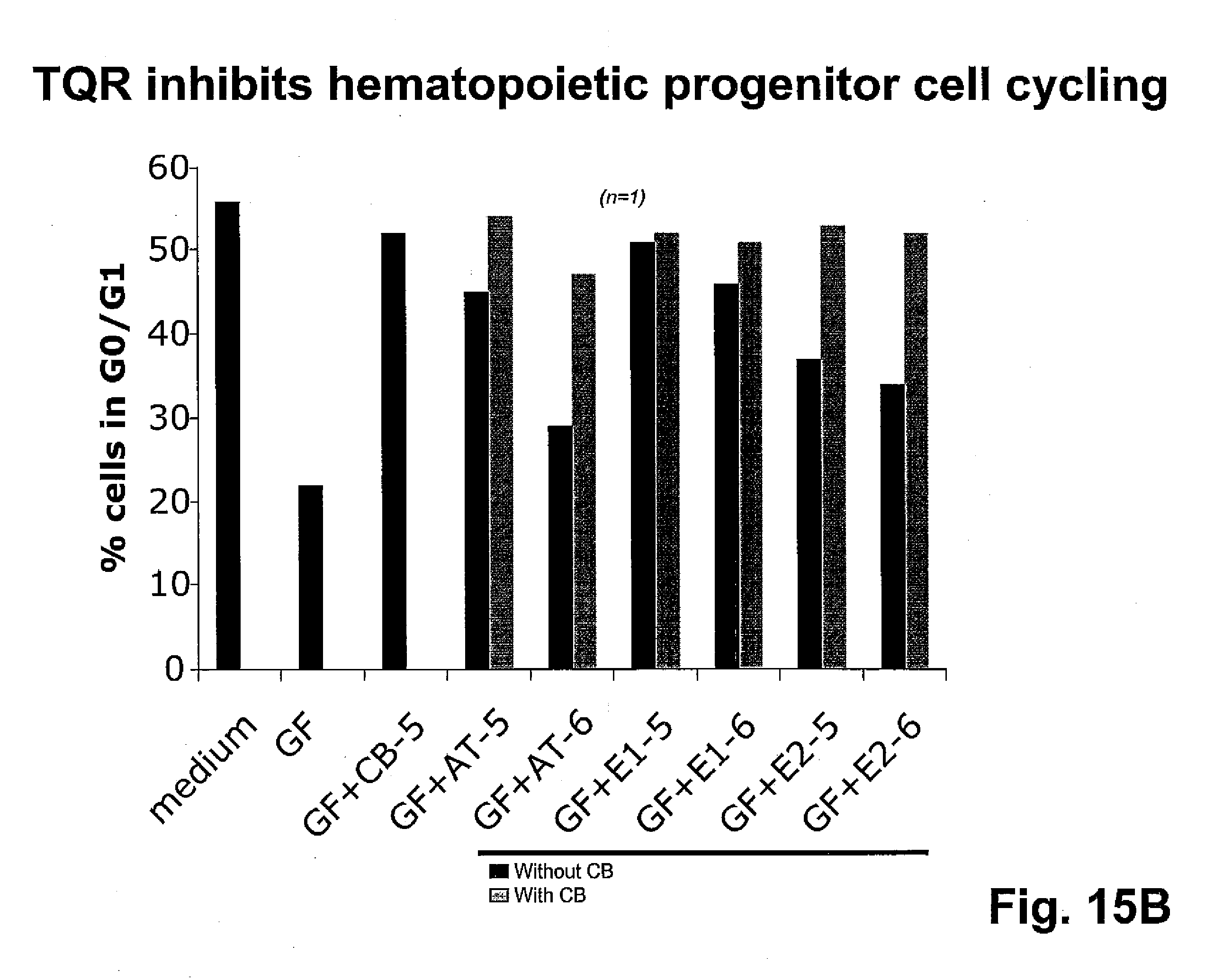

It’s the medicine it’s not her,’” notes Kaplan. “I always warn the partner: ‘She might be a little more irritable over the next few days. It’s also important to let loved ones know about this possible side effect so they understand what’s going on with you. Simply being aware that steroids can affect your moods may make this side effect easier to tolerate, but let your doctor know if it feels intolerable.

Be sure to tell your doctor if you have a history of depression, anxiety disorder, or bipolar disorder. Mood swings with steroid treatment can range from mild to serious. In addition, “Patients who have a mood disorder may be treated in the hospital to make sure they do not have a serious bout of depression or anxiety.” “Agitation is a common symptom for some people," McCoyd says. Mood Disturbances: Agitation, Irritability, Mood Swingsīeing on a steroid can make you feel restless, agitated, and irritable. RELATED: Quiz: What's Your MS Management Style? 3. Medications called proton pump inhibitors, such as Prilosec (omeprazole) or Prevacid (lansoprazole), are also used to help with stomach symptoms, and your doctor may prescribe them to prevent stomach issues, says Barbara Giesser, MD, a multiple sclerosis specialist with Pacific Neuroscience Institute in Santa Monica, California, and professor emeritus of clinical neurology at the David Geffen UCLA School of Medicine in Los Angeles. If you experience indigestion or heartburn, ask your doctor to suggest an over-the-counter antacid to help control it. Other common side effects of steroids include upset stomach, nausea, and vomiting. Sucking on mints or hard candies may help alleviate it. Some people notice a funny, metallic taste in their mouth when undergoing steroid treatment. RELATED: Getting a Good Night's Sleep When You Have MS 2.
#Does prednisone make you sleepy skin
"Because of long-term complications, like bruising, skin changes, and bone changes, we only use them for short periods, and it is rare to use them more than once or twice a year," Dr. The steroids used for MS flares are known as corticosteroids, which mimic natural hormones produced in the adrenal gland and which interrupt inflammation. “High-dose steroids are used to speed recovery” after an MS relapse, says Matthew McCoyd, MD, an associate professor and residency program director of neurology at the Loyola University Medical Center in Maywood, Illinois. Typically, steroids are given intravenously or orally for three to five days. When a person with relapsing-remitting multiple sclerosis (MS) has an acute symptom flare-up, they are often prescribed a short course of high-dose steroids, according to the National Multiple Sclerosis Society (NMSS).


 0 kommentar(er)
0 kommentar(er)
